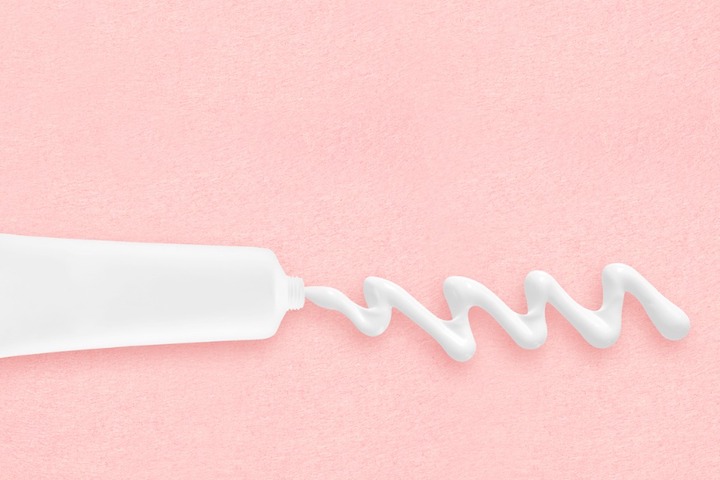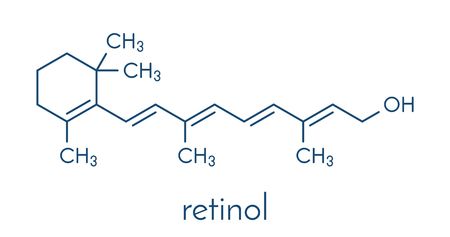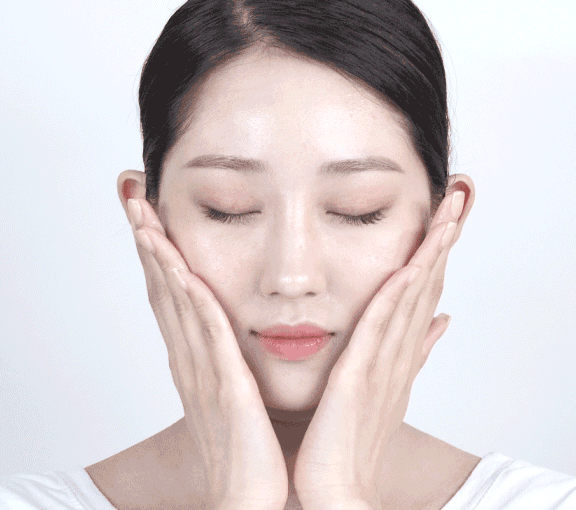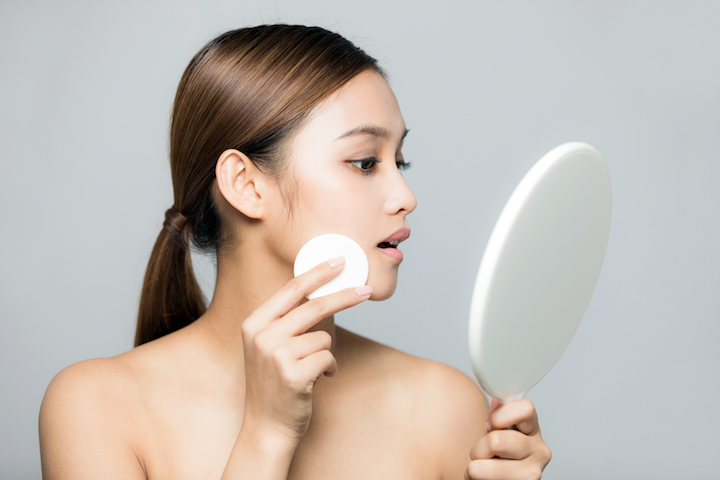Retinol 101: What Is It, Why You Should Get It & How to Use It (+ Myths Busted)
Often called the gold standard by dermatologists, retinol can do a whole bunch of good for your skin — but it can come at a price. Here’s what you need to know before you incorporate retinol (or prescription Retin-A) into your routine.
Back in the days of my youth (aka my 20s), I tried the most miraculous acne product. I had a big flare-up of adult onset acne and just could not get my life together until my dermatologist finally recommended Retin-A.
I’ve told this story before, but the short version is Retin-A made my skin look like a nightmare for about six weeks, and then I had the best skin of my life. Retin-A is that girl, OK! And now that I’m a full-blown skincare enthusiast who’s headed towards her mid-30s at the speed of light, I’ve started incorporating the powerhouse anti-aging ingredient retinol into my skincare routine.
So this obviously begs the question: What is Retin-A? What is retinol? How are they different? How can I incorporate them into my routine? Should anyone be using these products? Well my loves, I’m here to give you all the details on one of my favorite skincare ingredients.

What is retinol?
Retinol is vitamin A. Yup, good ol’ vitamin A. It’s a type of retinoid, which is the umbrella term for anything very closely related to the vitamin A compound, like my good friend tretinoin (aka Retin-A). Vitamin A is found naturally in our bodies and skin and supports cell function. And vitamin A, or retinol in all of its amazing glory, is a well-researched and well-proven anti-aging powerhouse, as well as a known anti-acne treatment.
Strap in, because here’s where things get a bit nerdy.

So we’ve talked about retinoids, right? Vitamin A, the whole thing. Well, the only type of retinoid that our skin recognizes and puts to good use is retinoic acid.
What’s that? Well, when retinol is applied to the skin, it undergoes a process that converts it to retinoic acid. We’re going to talk about why this is important in the next section.
Cool! So how are retinol and Retin-A different?
Well. Retinol is in the skincare products that we can buy over the counter. They are retinoids in ester form, meaning, it’s a type of vitamin A derivative. Looking on a label, you might see ingredients like retinyl palmitate, retinyl acetate, retinyl linoleate — these are all of those OTC retinols. Does this mean they are less effective? No. They just take more time and consistency to use, compared to its prescription sister, Retin-A.
Retinol is like a tiny, adorable toy poodle. Retin-A is like a wolf. It’s just a whole other level. Retin-A products are available by prescription only in the U.S. (I used to buy mine in Thailand over the counter from the pharmacist, sob).

So, Retin-A is tretinoin, which is retinoic acid, which if you remember from above is the only type of vitamin A that our skin is like “hey girl hey” to.
The main difference between retinol and Retin-A is the number of steps that retinol has to go through to turn it into that good ol’ retinoic acid. With retinols found in over-the-counter skincare, our skin might have to do three or four different conversions to get that ingredient to make retinoic acid, while Retin-A has like two steps. This difference is why drugstore retinol products are MUCH more gentle to use, but the trick is you have to use them consistently over months to finally see results. Retin-A is like 100 times stronger, so it works faster, but there are some pretty bad side effects, like extreme dryness, peeling, redness, and an increase in acne. But after that is over, you have like a whole new face, so … yay?!
OK, got it. So what does retinol do?
Retinol encourages cell turnover, helps increase collagen production, fades acne marks, and keeps your skin glowing and bright. It’s also an anti-aging genius — it actually visibly reduces fine lines and wrinkles and helps keep the skin plump and tight.

Can anyone use retinol?
Retinol is one of those skincare ingredients that would benefit most skin types, except the most super sensitive. The cool thing about retinol products is that you’re kinda getting a 2-for-1 punch, especially for older people like myself who are still acne-prone and want to also prevent and help improve wrinkles.
You cannot use retinol products if you don’t use sunscreen. And this isn’t like, oh, maybe I can skip it on some days. I mean, literally you cannot. Retinol makes your skin extremely sensitive to the sun and you WILL get burned if you’re not careful. You also cannot wax your eyebrows or upper lip, or use any other harsh skincare products like peels during the time you’re using any type of product containing retinol.
I’ve heard you can only use it at night or that I can’t use any other exfoliants — is that true?
Well, you don’t HAVE to use it only at night, but it is recommended since it does cause quite a bit of sensitivity to the sun. You definitely don’t want to use it during the day if you plan on going to the beach or being outside for any considerable amount of time.

As far as other exfoliants go, you CAN use them together — it’s a common myth that using AHAs and BHAs with retinol can cause the retinol to become less effective. Actually, it’s quite the opposite. If anything, the chemical exfoliation power of an AHA or BHA actually sweeps away all the dead skin, leaving the retinol a clean slate to do its thing.
Personally, I wouldn’t use something high-powered like Retin-A and an AHA/BHA initially, because Retin-A alone will make your skin peel on its own, BUT an over-the-counter retinol product with a little AHA/BHA action would be a big, big mood.
I’m sold. How can I incorporate it into my routine?
Retinol is just an ingredient, so it’s dependent on the type of product it’s in. If it’s in an active like the Differin gel you can buy at the drugstore, I’d use that after I wash and tone my face. If it’s in a serum or cream, I’d just it at whatever step I apply those products. The only thing that stays consistent is using it at night.
The one thing you want to make sure of is to introduce retinol products into your routine slowly. Initially, use maybe once a week, then twice, etc., until you are not having any of the ill effects from the product. Remember, retinol products CAN and WILL cause some skin discomfort initially, so don’t be alarmed!
Have you ever tried retinols into your routine, and did you have side effects? Did it eventually work for you? Let me know in the comments!
Loading...